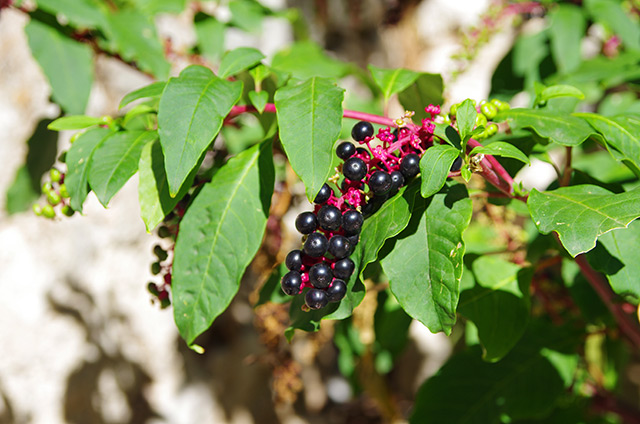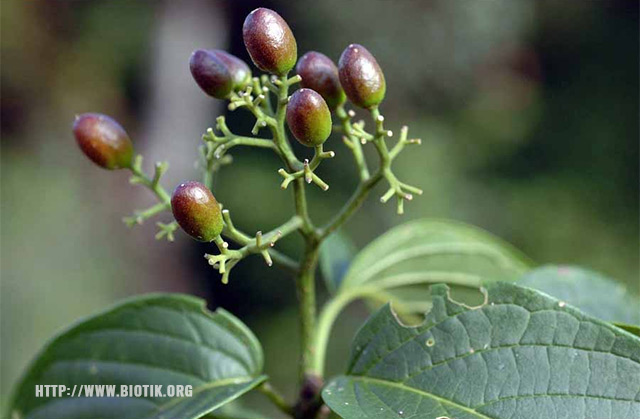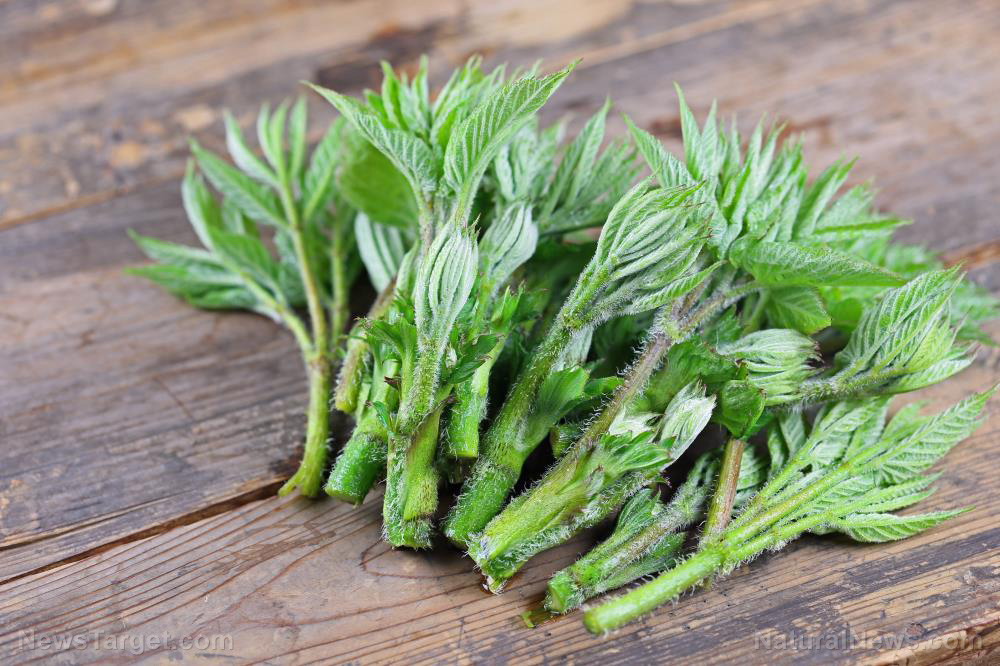Natural and effective remedies for asthma
05/12/2019 / By Edsel Cook

Asthma is a chronic respiratory condition that makes breathing difficult. It can also be deadly, causing over 180,000 deaths per year, according to the World Health Organization. Fortunately, there are natural ways of alleviating its symptoms so people with asthma don’t have to resort to using expensive and potentially harmful medications.
Breathing and yoga-based exercises are scientifically proven to improve asthma
Patients with asthma can use breathing exercises as their therapy. These exercises can improve not only the symptoms of asthma, but also the psychological health and quality of life of patients within months.
One example of breathing exercises is the Buteyko Breathing Method. Developed by a Russian physician, the effectiveness of this technique was proven by researchers from the University of Calgary back in 2008. They found that the Buteyko Breathing Method increased asthmatics’ control over their asthma and reduced their use of chemical inhalers.
Another option is to practice yoga breathing exercises. Yogic breathing can improve lung function and the quality of life of asthmatics. When practiced with appropriate yoga postures and meditation, yogic breathing helps asthmatics relax and decreases their use of an inhaler. (Related: Natural TCM cures found to be effective in treating asthma.)
Follow a healthy diet, take lots of fish oil, and eat more turmeric
Asthma attacks can also be prevented by avoiding certain foods. They can be alleviated by eating foods with anti-inflammatory benefits.
Foods that contain turmeric are known to prevent inflammation. The spice contains an active ingredient called curcumin that stops allergic responses. By preventing or controlling the inflammation which causes the airways to narrow, curcumin can also make it easier for asthmatics to breathe.
A dairy elimination diet will greatly reduce the occurrence of asthma symptoms. A diet that contains a lot of fruit and vegetables can cut the risk of asthma and wheezing by almost half.
Tomatoes are a good choice because they contain lycopene, a plant-based antioxidant that reduces asthma. Another excellent selection would be cruciferous vegetables like arugula, broccoli, Brussels sprouts, cabbage, cauliflower, collards, kale, and watercress. These veggies are rich in the phytochemical sulforaphane, which is also an antioxidant and an anti-inflammatory agent.
Fish oil is another food option that can help manage the chronic inflammation caused by asthma. It has plenty of omega-3 fatty acids like DHA and EPA that suppress inflammation. A 2010 study by a research team from Indiana University found that fish oil is more effective than the pharmaceutical drug montelukast.
Make sure to get enough vitamins, minerals, and supplements
Deficiencies in important vitamins and minerals can cause the onset of asthma. Increasing the levels of these nutrients through supplements will relieve existing cases and prevent future attacks.
Magnesium is an essential mineral that is involved in many bodily functions. Restoring it to healthy levels improves bronchial reactivity and asthma control. Magnesium supplements also decrease the need for drugs like salbutamol.
Children can benefit from increasing their intake of vitamin B6 (pyridoxine). The B vitamin has beneficial effects on the lungs that are similar to bronchodilators’ and cortisone’s.
There are links between asthma risk and vitamin D levels. Asthmatic people are more likely to suffer from low levels of the vitamin. Increasing vitamin D levels through food and supplementation will improve lung function, increase the effectiveness of other treatments, and protect the airways from getting forcibly altered by asthma.
Finally, there are herbal medicines that use natural substances to treat the symptoms of asthma. The bark of the French maritime pine (Pinus pinaster) can be used to control inflammation. It works just as well on the lungs of asthma patients as corticosteroids without causing any side effects, according to studies.
Sources include:
Tagged Under: alternative medicine, anti-inflammatory, antioxidants, asthma, asthma attacks, asthma relief, asthma symptoms, breathing exercises, clean food, curcumin, Cures, disease treatments, Fish Oil, food cures, food is medicine, functional food, health supplements, healthy diet, herbal medicine, Herbs, inflammation, lycopene, Magnesium, natural cures, natural health, natural medicine, natural remedies, pine bark, prevention, remedies, respiration, turmeric, vitamin B6, vitamin D, Yoga, yoga breathing



















